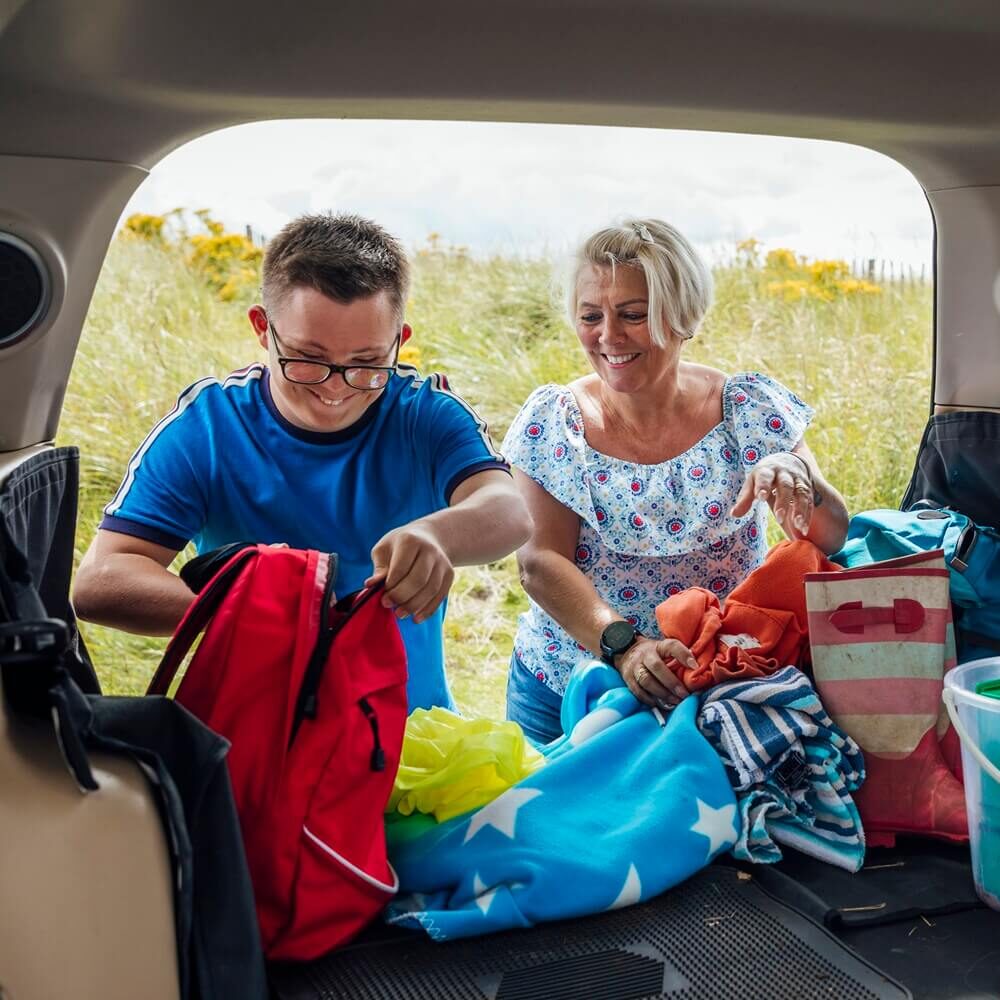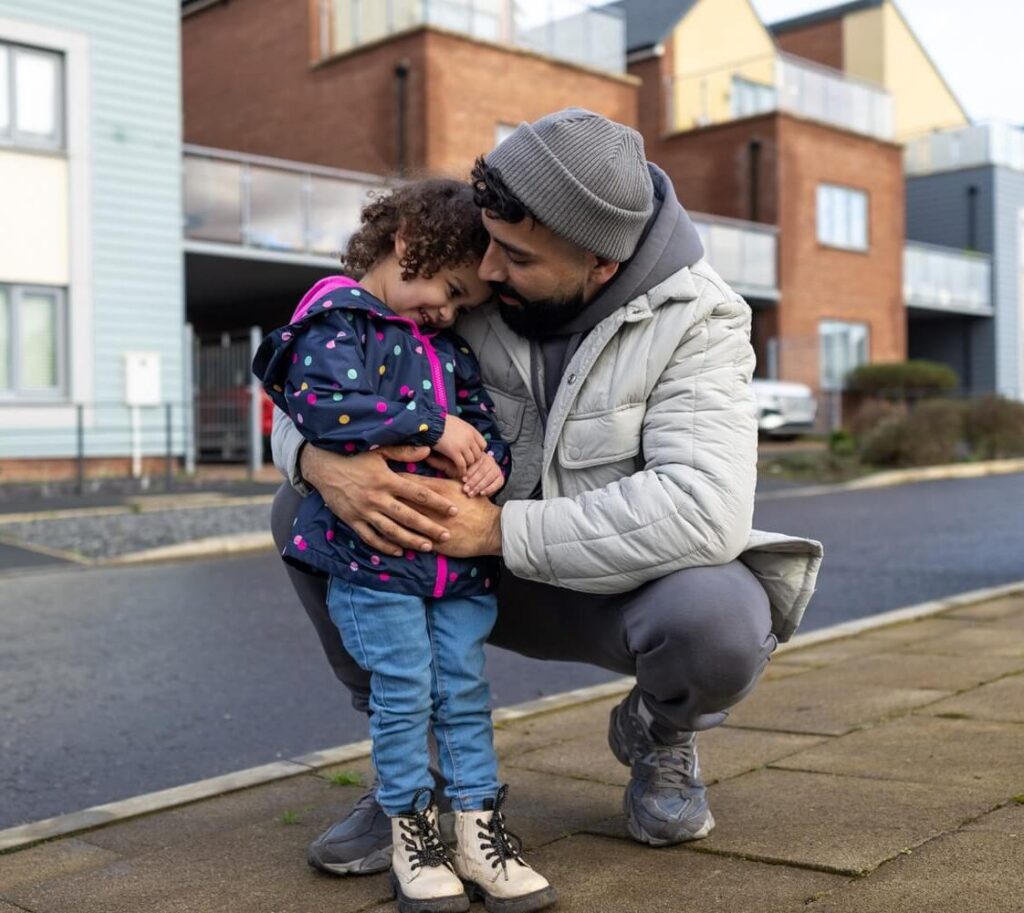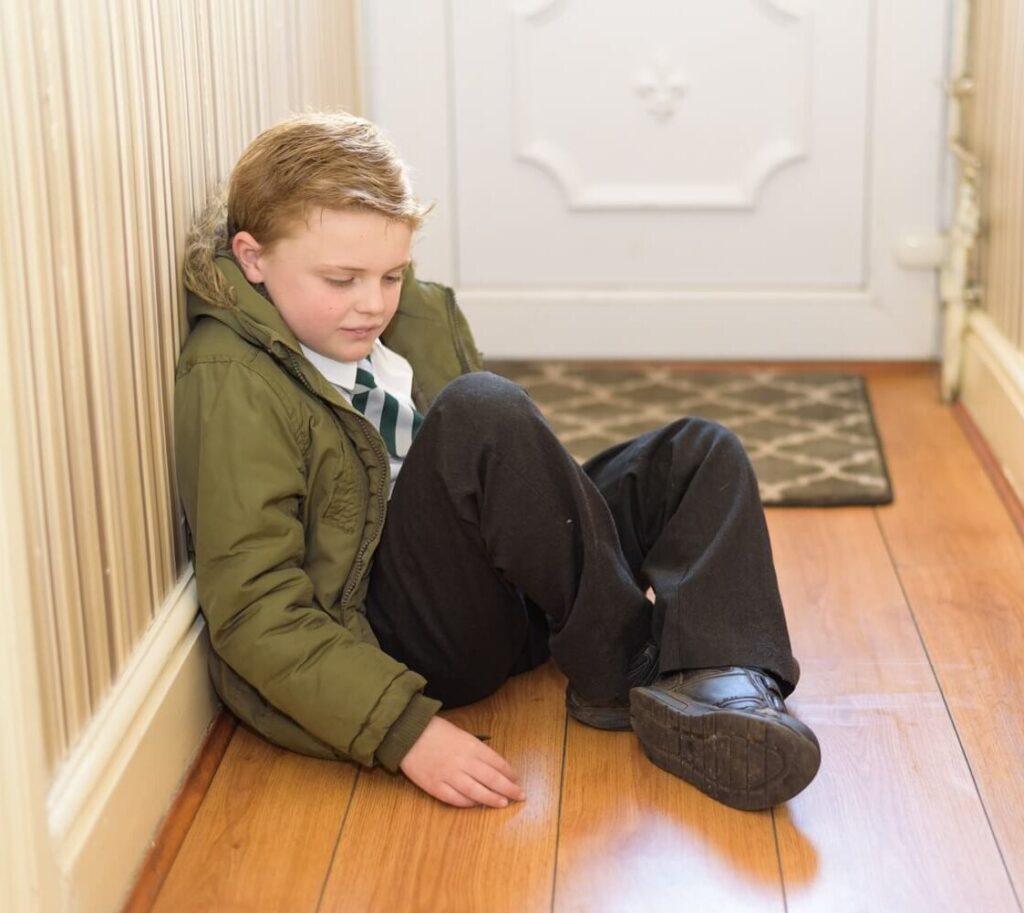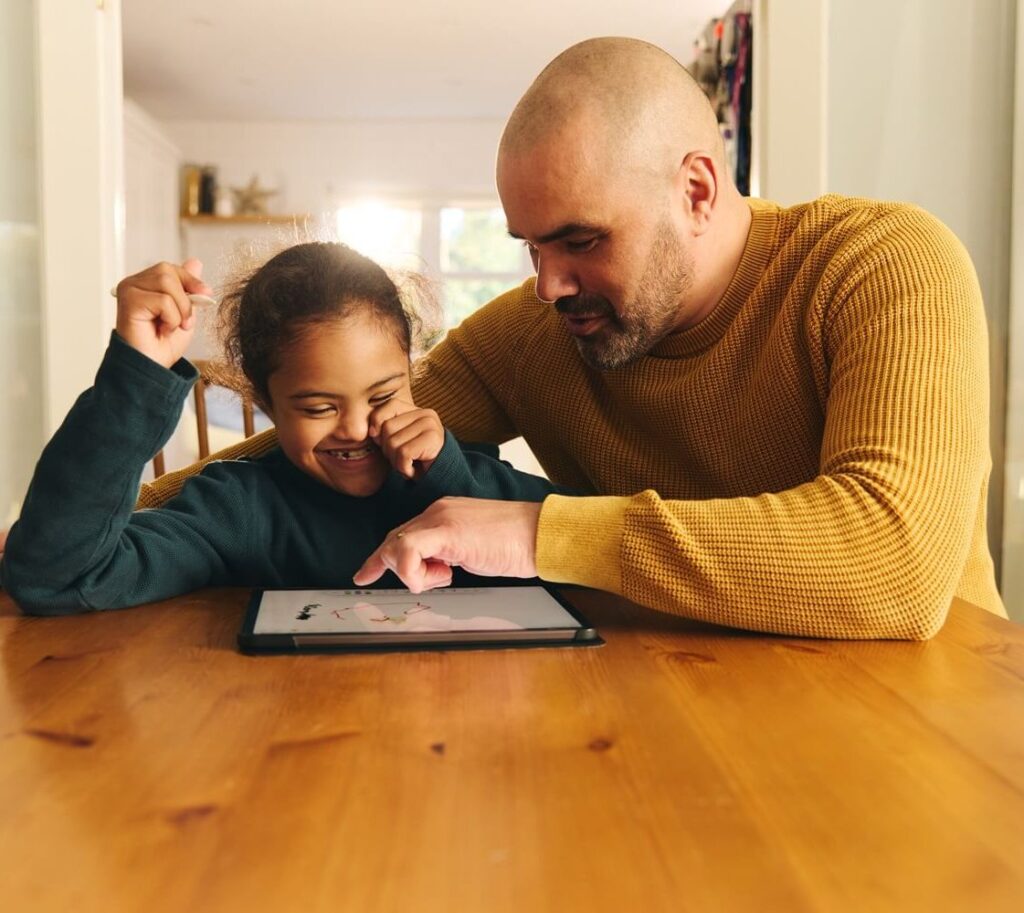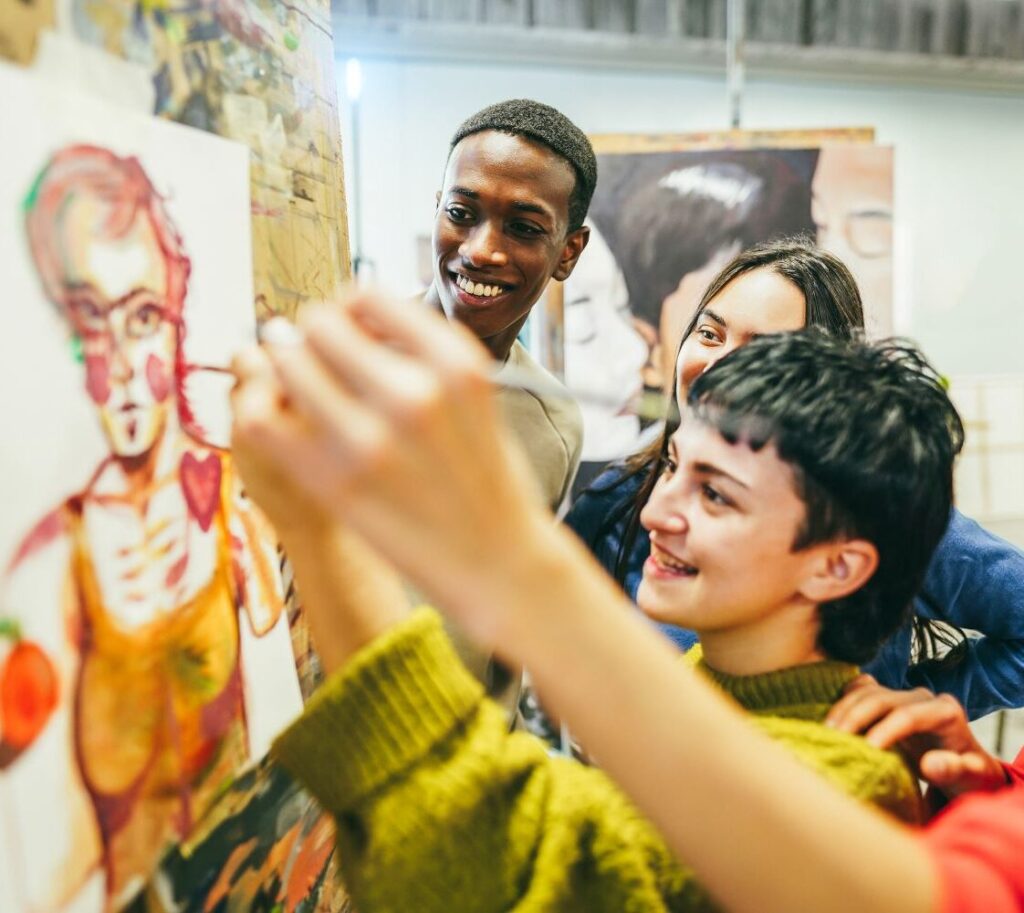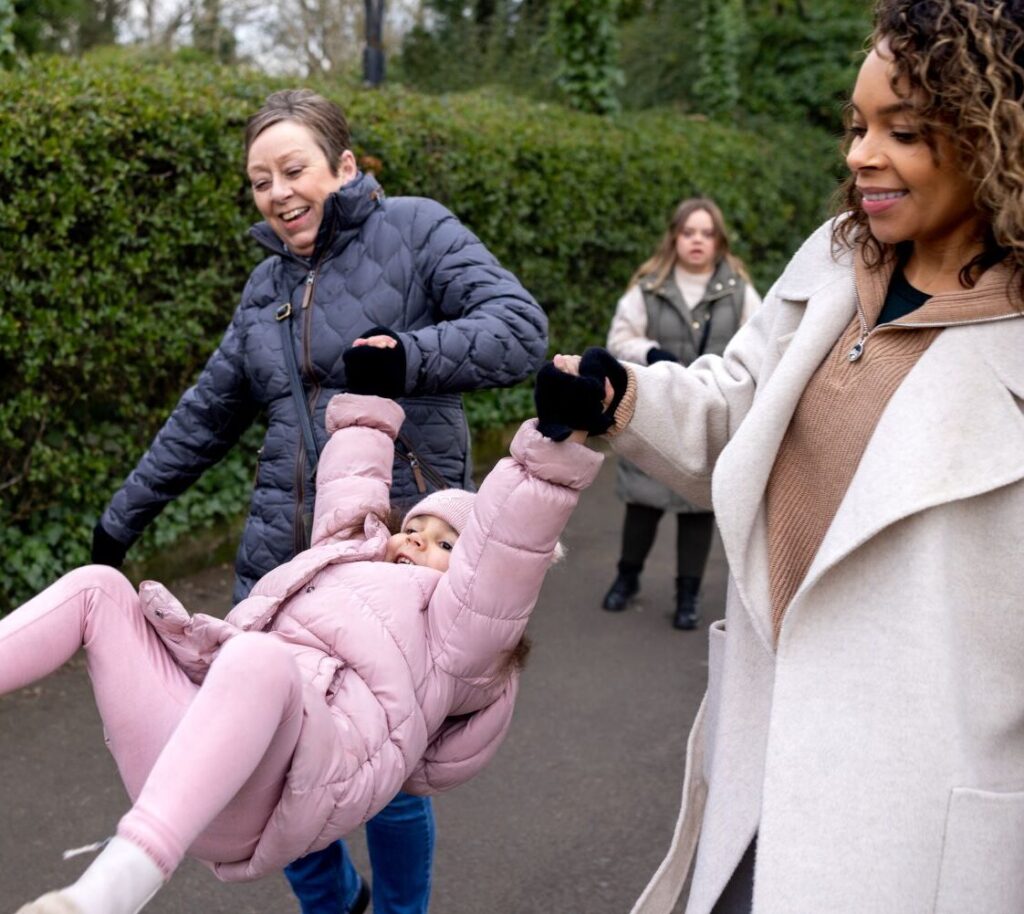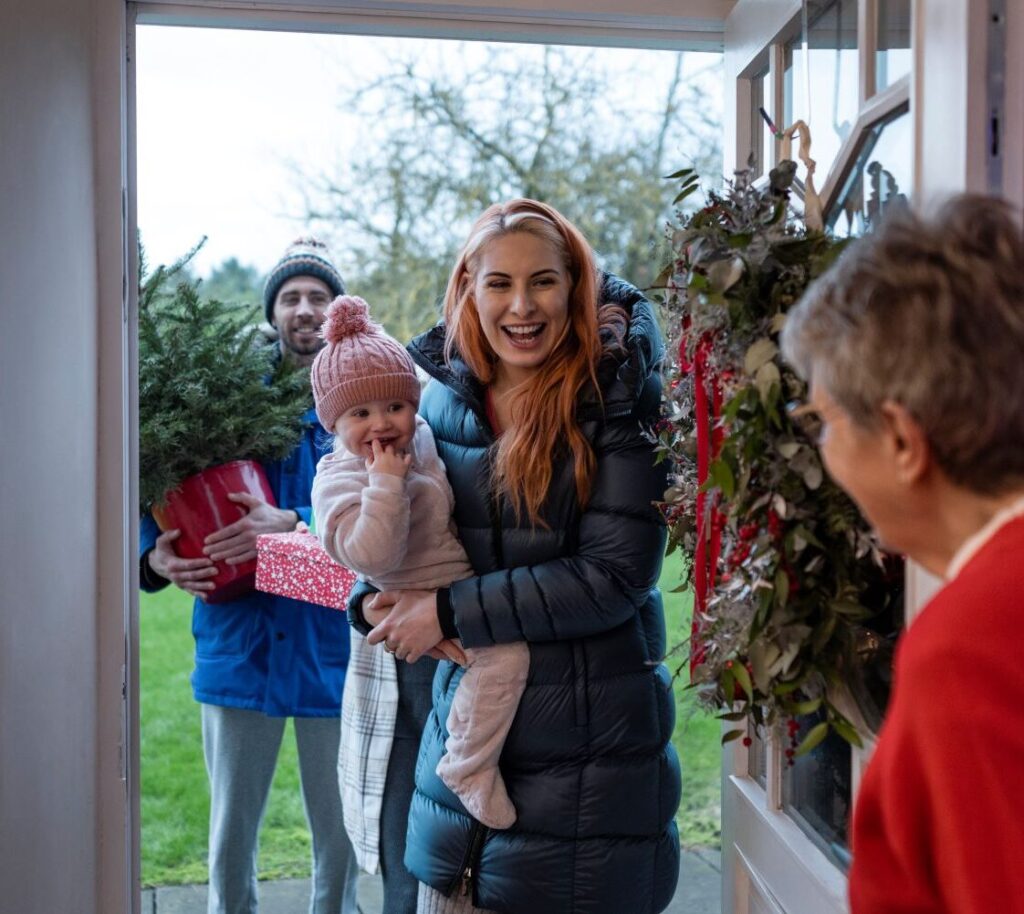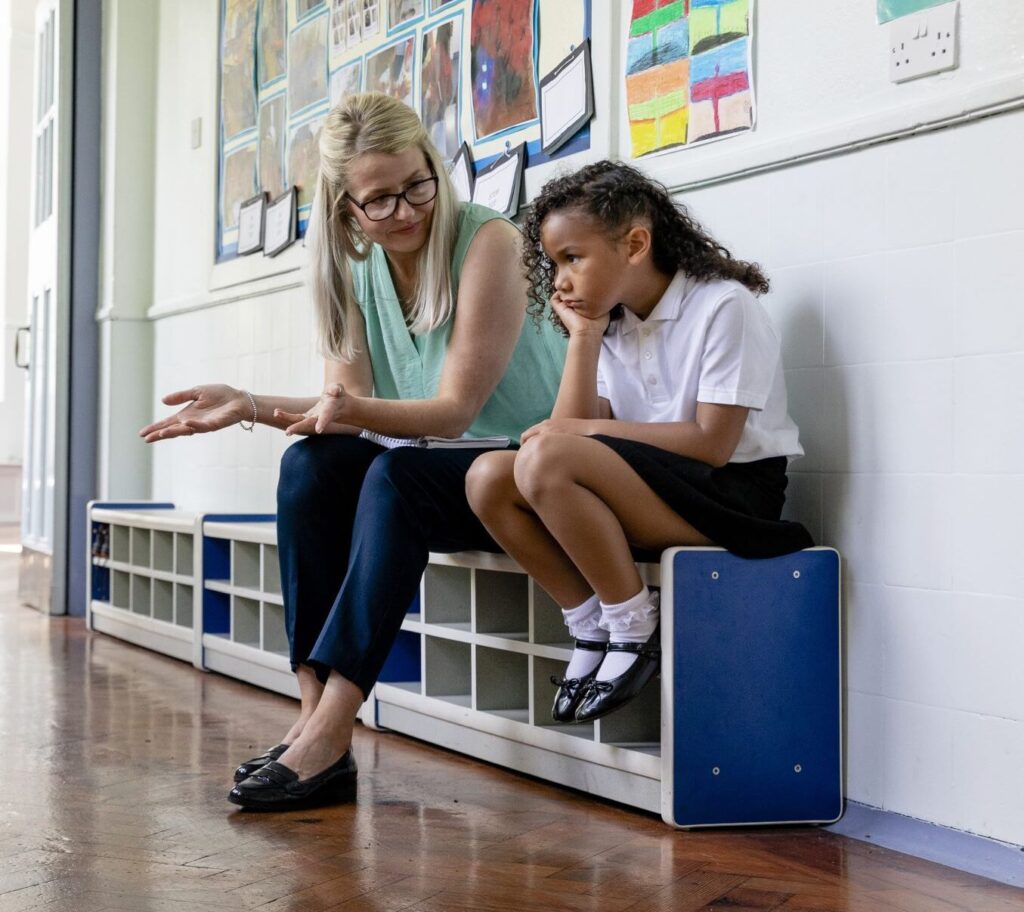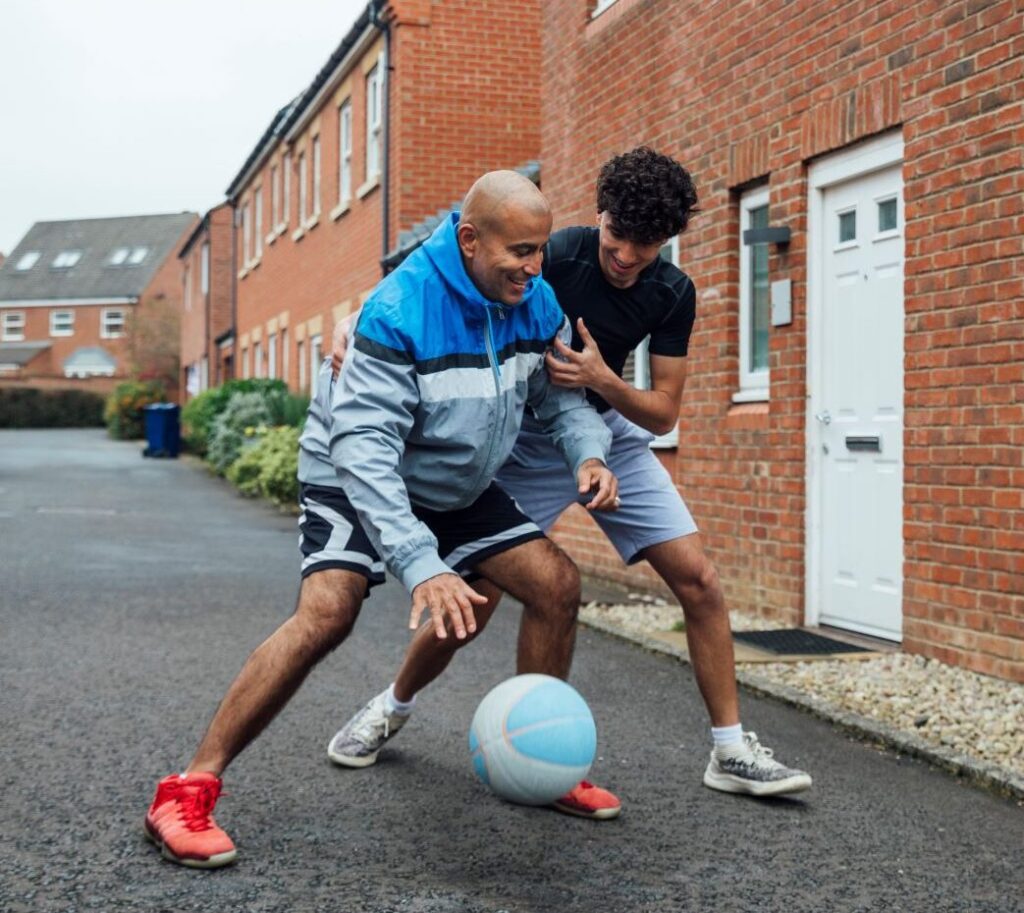Engaging and entertaining a child or a young person when going out can sometimes be a challenge, especially on a budget and if you’re trying to come up with something entertaining and new for both of you.
My name is Aga and I’ve been a volunteer for Friendship Works within Family Action for 3 years now. My role is to accompany and guide a young person in their discovery of the world. My very pleasant job is that of a mentor and an adult who is able to go at the child’s pace while helping them learn along the way. In this article, I’m trying to share my experiences and the ideas I’ve tested, that made exploring the area my mentee and I live in exciting.
Since we started meeting regularly, my mentee and I have been positively surprised to learn that there are many free and cheap options to consider when planning our outings. It’s easy to make them engaging and interactive, regardless of the weather. We both live in London, which can make our outings quite expensive. At the same time though, like anywhere outside of London, every library, community centre and gallery or museum offers many free entertainment options, including options for children.
Continuously, our main “challenge” before every outing is to pick WHAT we’d like to do.

Planning and preparing for the outings
Anticipation is part of the fun. And so we always discuss, prioritise and agree on what we want to do, how much time and money we want to allocate to an outing. This means, some options are parked for another time and saved towards during the “cheaper” outings. We also keep a running list of “dream outings”, and this is something you and your child might like to do too. It’s a great way to support their emotional wellbeing, and skills such as conversation, planning and budgeting.
Especially during autumn and winter months we discuss and pre-empt any possible last-minute changes of plans, should the weather be a consideration. We simply try to avoid disappointment by having back up plans.
Over the years I have learnt to have my “volunteer” pack always with me regardless of the type of an outing we’ve planned. My mentee is in his early teens, so tissues, a hand sanitiser, wet wipes, and a water bottle always come handy. I typically also have a couple of pens and a notebook with me – especially useful for longer tube and bus journeys, during which we play Hangman or Stop the Bus. Or we review and brainstorm future outings.
As we meet for our outing, my mentee typically would have forgotten what we’ll be doing – I brief him again on the way to the bus stop/tube and confirm if the plan sounds ok.
Short outings
Whether because we’re saving for a bigger outing or due to the weather, our typical go-to short outing is the local library.
London libraries welcome anybody to explore books, use a computer (typically if you have a library card) and most even have a hot drinks station.
Our favourite activity in the library is to “do research”. We pick a topic, research it using the available books or computers and my mentee loves creating a PowerPoint presentation on the topic. One rule: no YouTube or computer games, unless it’s Duolingo which we sometimes love playing together.
During warm sunny days, the other option we love is a small picnic in a local park. It takes some snacks from a local supermarket, a blanket and a set of paper and colourful markers and we’re set. We draw what we see. We look at the sky to identify the shapes of the clouds passing by.
Once we were even invited to try some barbecued snacks a family nearby was grilling.
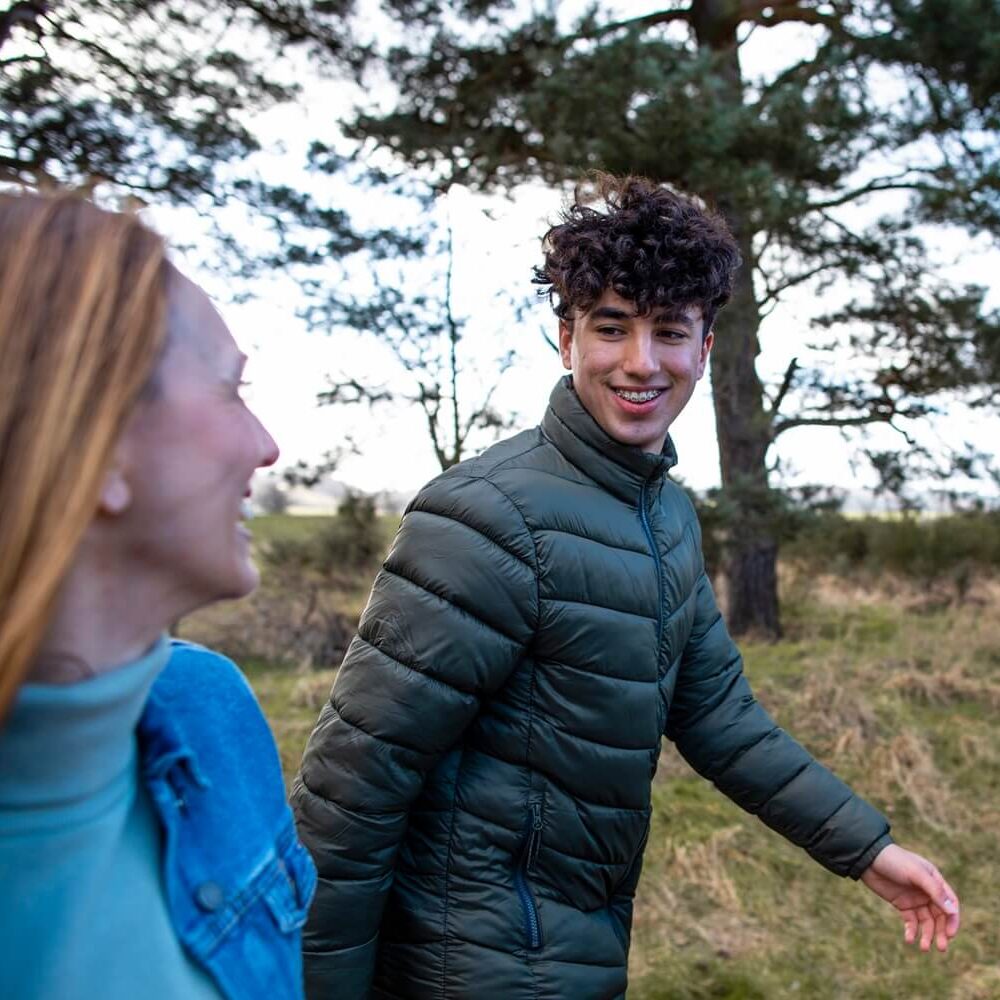
Longer outings
Our longer outings we usually spend exploring nature or immersing ourselves in culture.
Both my and my mentee’s home location have been changing over the years. It was sad to say farewell to our favourite park, but it also opened new opportunities to explore new places and find new favourites.
If we’re not playing badminton or football in a local park, long walks and hikes were a hit in the past year. London’s Primrose Hill and Parliament Hill were my mentee’s first “hikes”. We’re planning and preparing for a bigger hike in Epping Forest in spring.
And ultimately, the specific area never really mattered – my mentee has been super excited to “experience” hiking, measure steps, play a guessing game about the elevation and length of our hikes.
St James’s Park was a great opportunity for a longer walk and learning about history and politics.
Spending some time exploring local history has made some of our outings more engaging and triggered a lot of conversations.
We have combined a picnic in Hyde Park with a long walk to look at the horses and explore plants we don’t know much about. These would be some of very few occasions when we use my phone to fact-check and learn something new.
The Thames Clippers river buses have been an amazing sunny-day option whenever we wanted to be outdoors and experience London’s waterways. And if not on the water, we would rent bikes and explore our wider local area.
We’re very lucky that many museums and galleries across London offer free entry, as do others across the UK. Given how much there is to see, it also might take a year to visit all, so we tend to come back to our favourite places to see new exhibitions or pay attention to new parts of those that we already saw the year prior. With each year my mentee pays attention to new things and has more and more opinions and questions.
The downside of all the free accessibility – some museums and galleries tend to be busy during the weekends. This has made us really focus on revisiting our favourites over the years. Tate Modern is big enough to always have some space. Bonus: Turbine Hall typically has some hands-on activity, from building caves with massive squared shaped boxes to painting your own doughnuts. And we’ve learnt that many libraries, community centres, galleries and museums will organise interactive workshops on a regular basis.
Whitechapel Gallery is small enough for anybody’s attention span. Our highlights over the years: Korean art exhibition and a black & white video set on a beach that left us confused and in a discussion on how to interpret it.
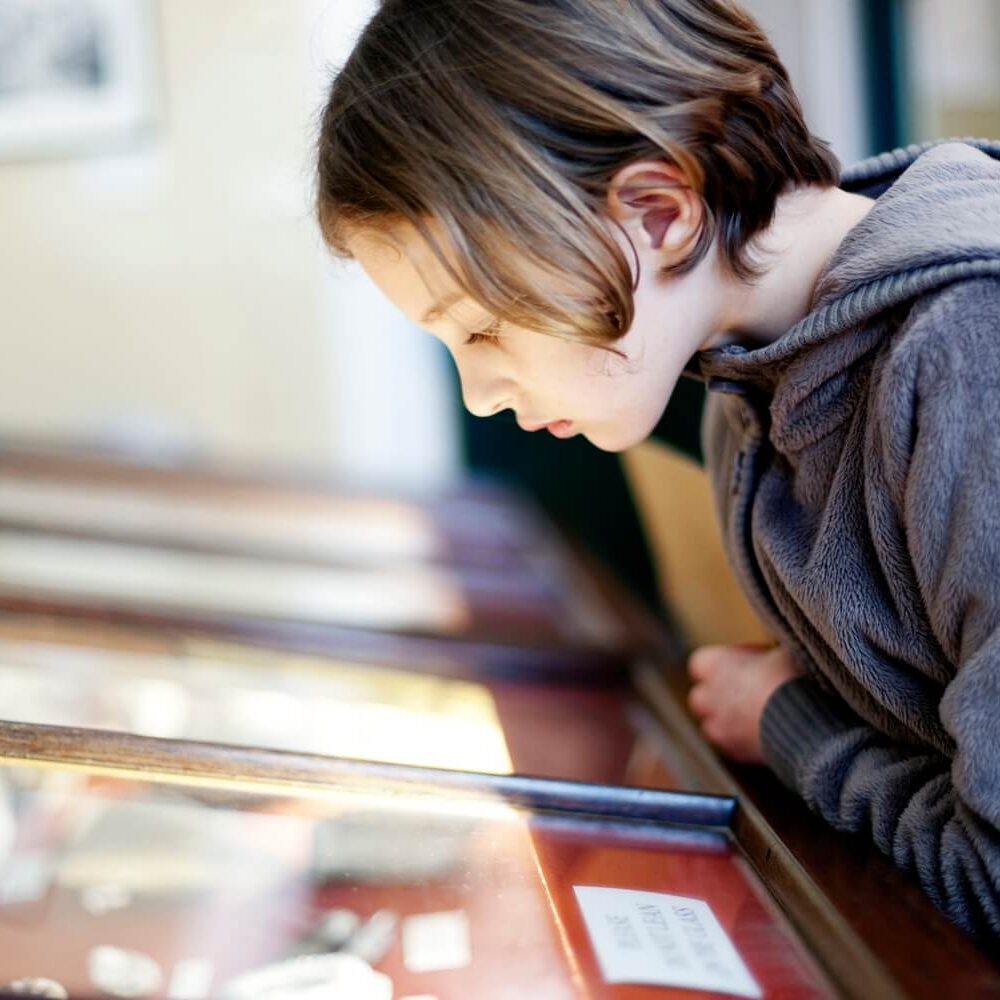
The Museum of the Home was especially interesting because of a big garden and workshop space. My mentee was very happy to be able to design his own mug, but was a bit hesitant to work with other children on an insect house. We continuously learn what situations make him (and sometimes me!) shy or unsure and we discuss these.
Surprisingly, many of the museums I thought would be interesting for a curious 11-year old were not a hit. The British Museum, The Natural History Museum or even Young V&A were all overwhelming for my mentee. This is also true for any other crowded space, so these days we tend to avoid these.
Outings and interactions like these have been my favourite part of mentoring. My mentee would often very openly ask unexpected questions triggered by something we’re seeing or simply paying a bit more attention to. He would also not hesitate to comment on what he likes, or dislikes.
Smaller learnings and empowerment moments
During our outings, big or small, I make sure we have time to stop for smaller learning moments. I encourage my mentee to guide us on the tube, so he can learn the map and general topography of the city he lives in.
It is important that, especially during longer outings, we have enough food and drink. My rule, which was surprisingly easily accepted and is rarely challenged, is that the dessert or sweet snack always comes after the mains.
I also make sure he orders his snacks and pays (with my card) for our cafe and restaurant visits – over the years I’ve noticed how my mentee has become less shy to interact with other adults and more conscious of the idea of money. He likes to have a sense of responsibility as well and I can see all these interactions make him very proud of himself.
If we move within the area familiar to my mentee, he’s our guide and it’s his task to make sure we make it for the bus and take the optimal route. I often ask him about the area he’s familiar with to build his self-confidence and sense of adventure, while making sure he can set his boundaries and build his self-awareness.
Outing checklist
As obvious as it may sound, the most important points to consider when going out come down to these three:
- Are we going to do what we like doing and learn something new along the way?
- Did we plan our outing within our time and money budget?
- Do we have time to stop “and smell the flowers”?
If it’s three “checks”, everything else is easy and fun.
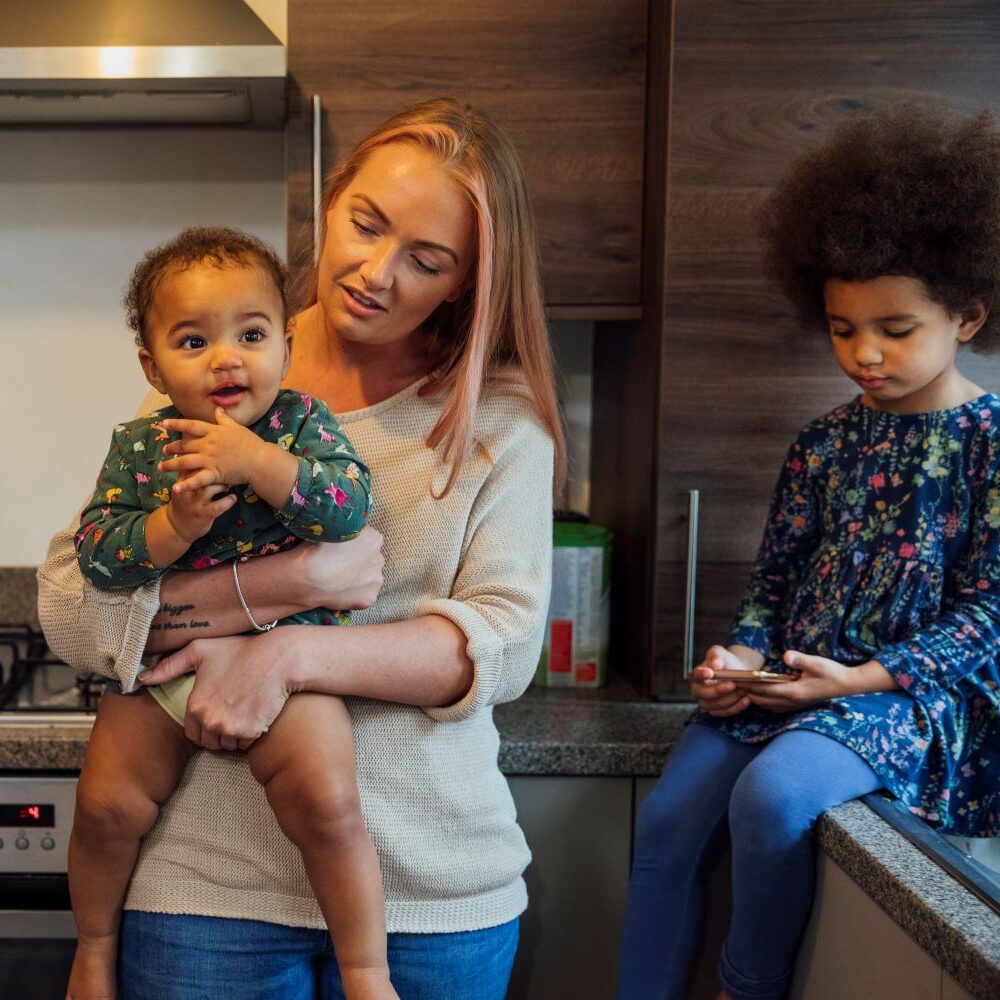
Call, text, email or web chat FamilyLine
If you’re feeling overwhelmed, worried or upset about any aspect of your family life, FamilyLine is here for you. We offer free emotional support and guidance on family relationships, conflict, parenting, caring, financial worries and more.
Contact FamilyLine